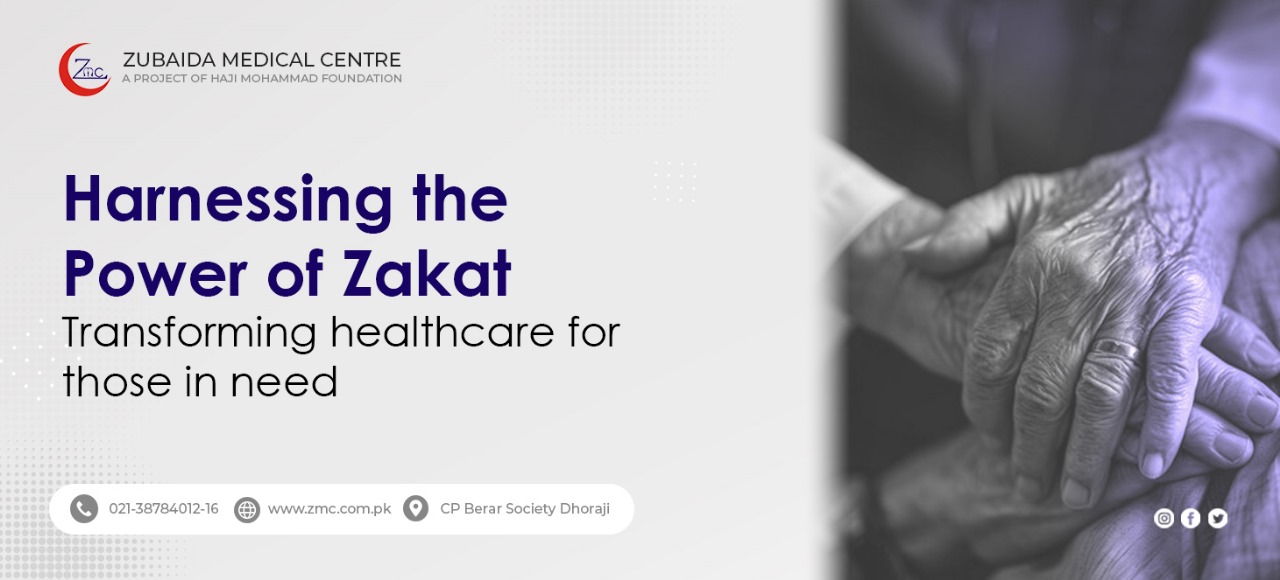In a world where access to quality healthcare is often determined by one’s financial means, the Islamic principle of Zakat emerges as a beacon of hope for those facing medical hardships. Zakat, the obligatory almsgiving prescribed in Islam, holds the promise of alleviating suffering and fostering equity in healthcare access. In this blog, we’ll explore the profound benefits of Zakat and how hospitals can harness its transformative power to serve their patients with compassion and dignity.
Ensuring Healthcare Access for All
Zakat serves as a critical source of funding for hospitals, enabling them to provide essential medical services to individuals and families who cannot afford them. By allocating Zakat funds towards subsidizing treatments, medications, and diagnostic tests, hospitals can ensure that financial constraints do not stand in the way of accessing life-saving care.
Supporting Vulnerable Communities
One of the key principles of Zakat is its focus on supporting the most vulnerable members of society. Hospitals can leverage Zakat to establish specialized clinics and outreach programs targeting underserved communities, including refugees, low-income families, and marginalized groups. These initiatives not only address immediate healthcare needs but also empower communities to lead healthier lives through preventive care and health education.
Promoting Preventive Healthcare
Preventive healthcare is essential for reducing the burden of disease and improving population health outcomes. Zakat funds can be used to finance vaccination drives, health screenings, and wellness programs aimed at detecting and addressing health issues before they escalate. By investing in preventive measures, hospitals can mitigate the need for costly treatments and surgeries down the line, ultimately saving lives and resources.
Providing Financial Assistance to Patients in Need
Illness can impose significant financial burdens on patients and their families, often leading to difficult choices between healthcare expenses and other essential needs. Hospitals can use Zakat to establish patient welfare programs, offering financial assistance to those facing economic hardships. Whether it’s covering medical bills, transportation costs, or basic necessities, Zakat-funded initiatives provide crucial support to patients during times of illness and recovery.
Fostering Community Engagement and Solidarity
Zakat is not just about monetary contributions; it’s about fostering a sense of community and solidarity among believers. Hospitals can engage local Muslim communities by inviting them to participate in Zakat drives and fundraising events aimed at supporting healthcare initiatives. By working together towards a common cause, hospitals and communities can amplify the impact of Zakat, creating a ripple effect of compassion and generosity throughout society.
In a world marked by disparities in healthcare access, Zakat emerges as a powerful tool for promoting equity, compassion, and solidarity. By harnessing the transformative power of Zakat, hospitals can break down barriers to healthcare access, uplift vulnerable communities, and provide hope and healing to those in need. As we strive to build a more just and compassionate world, let us remember the profound impact that Zakat can have in transforming healthcare for the better.

